Description
The goal of conducting research that is descriptive is to offer a description of the subject under investigation. For a product that has just been released, for example, the characteristics of consumers may be stated in terms of the degree to which product usage varies with factors such as income, age, gender, and other characteristics. In another example, the characteristics of consumers may be stated in terms of the degree to which product usage changes over time. In order to generate the most possible revenue, a descriptive study needs to collect data for a certain purpose. A single hypothesis should be used as the guiding principle whenever descriptive investigations produce varying degrees of agreement. It makes it possible to test both implicit and explicit hypotheses, however the specifics of how this is done depend on the area of study that is being conducted. For instance, a corporation that deals in petroleum would find that its sales had decreased. The company is able to draw this conclusion based on the feedback it receives from the market, which indicates that economically challenged households do not purchase the company’s oil for use in the kitchen. After then, one may perhaps do descriptive research in order to put such a theory to the test. The phase of research described as “the act of modifying one or more variables under the conditions, in which the data that indicates the effects will be collected” is referred to as “experimentation.” The term “experimentation” refers to this phase of research. Experiments will create artificial situations in order to supply the researcher with the precise data required for the study as well as the methods to properly measure that data. This will be accomplished by fabricating fictitious conditions. Experiments are considered to be artificial due to the fact that the conditions in which they are conducted are frequently constructed for the sole purpose of carrying out the experiment. Because doing so grants the researchers a greater degree of control over the factors that are the subject of their investigation, the experimental places a heavy emphasis on the use of artificial components. They will be in a position to gather more convincing evidence of the cause-and-effect linkages that exist between the variables if they are able to exercise control over those factors that are components of a particular scenario. Therefore, the ability to create a scenario with the express purpose of observing and accurately recording the effect that a deliberate change in another factor has on a first factor enables researchers to accept or reject hypotheses with an absolute certainty that is beyond the realm of reasonable doubt.
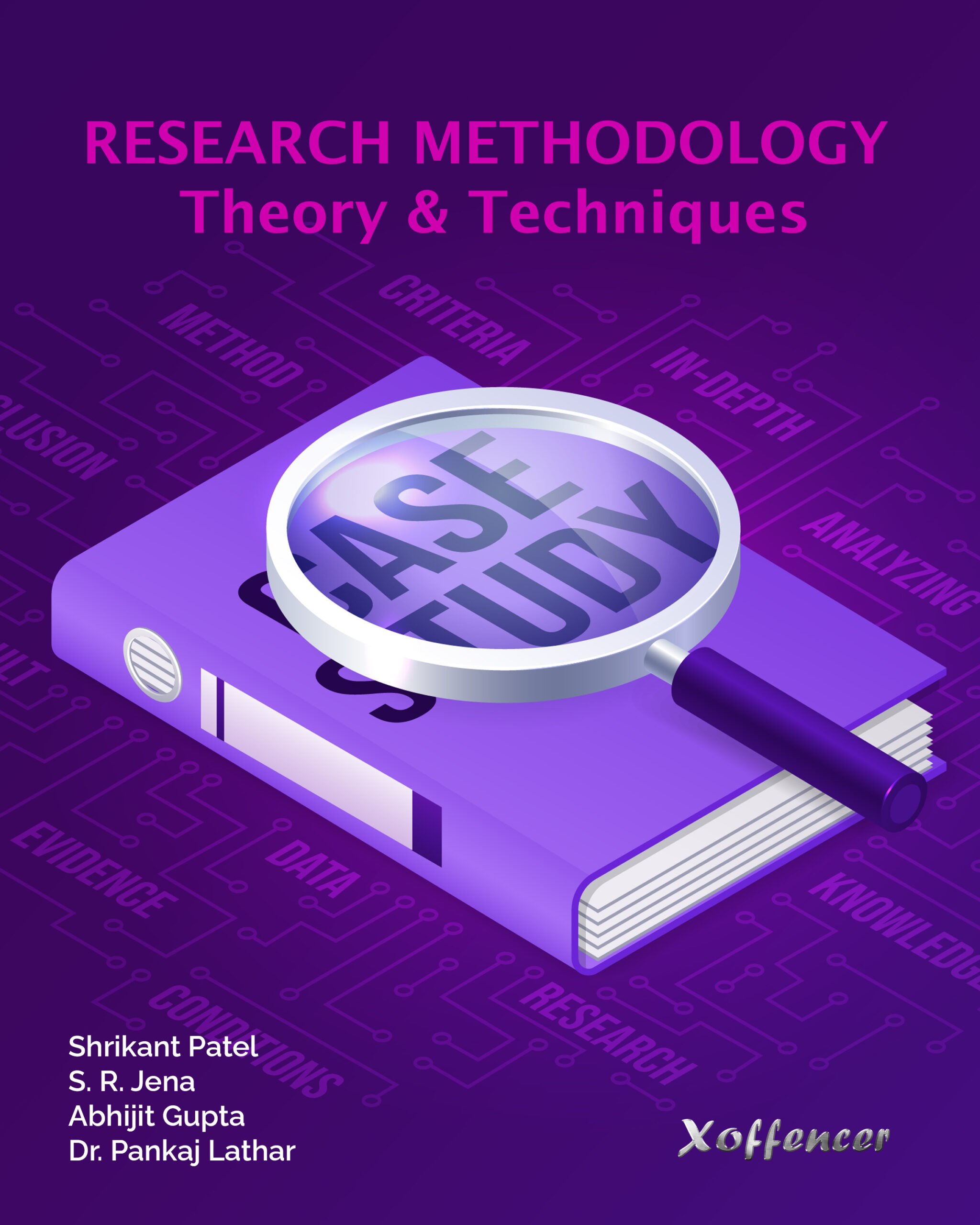

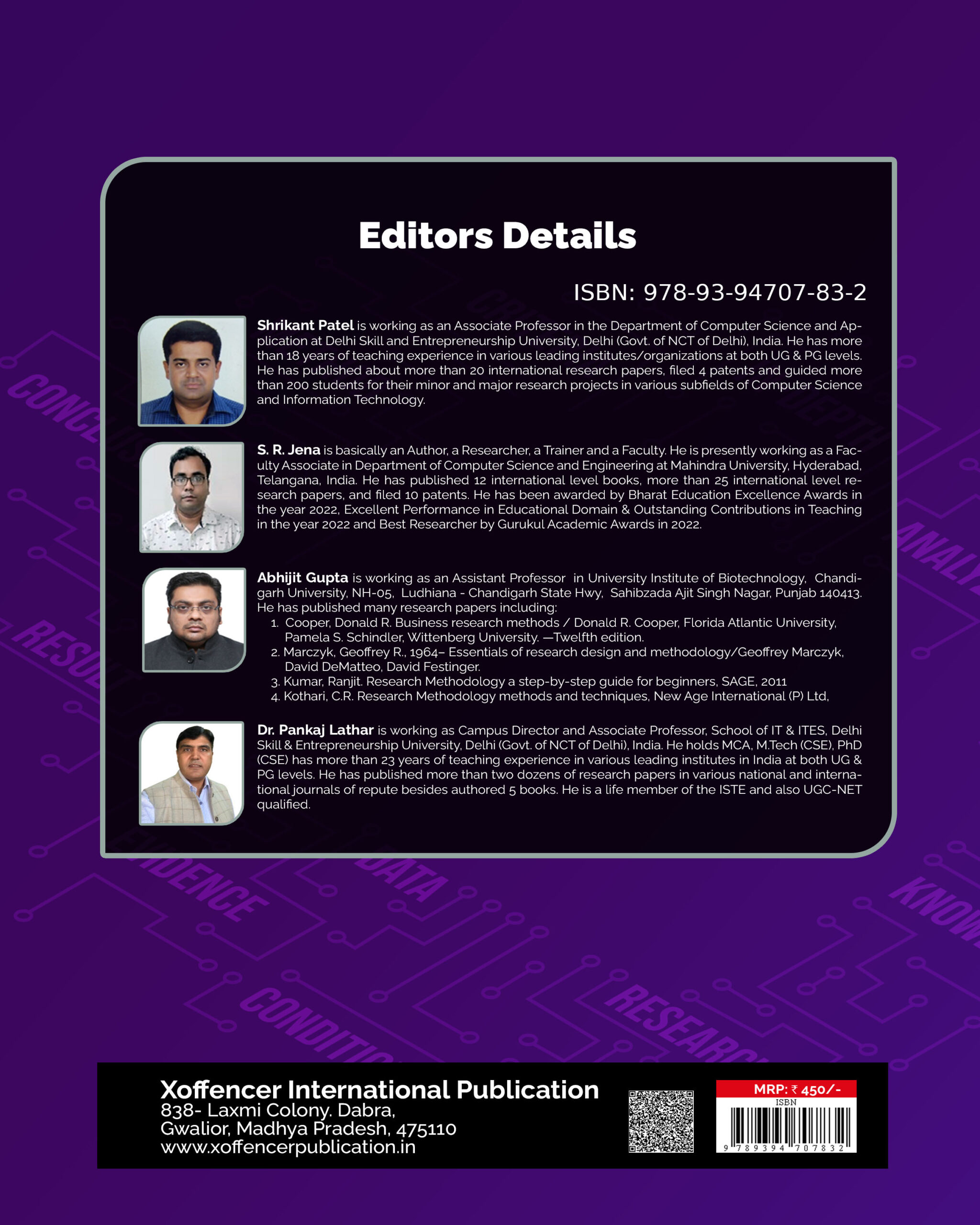
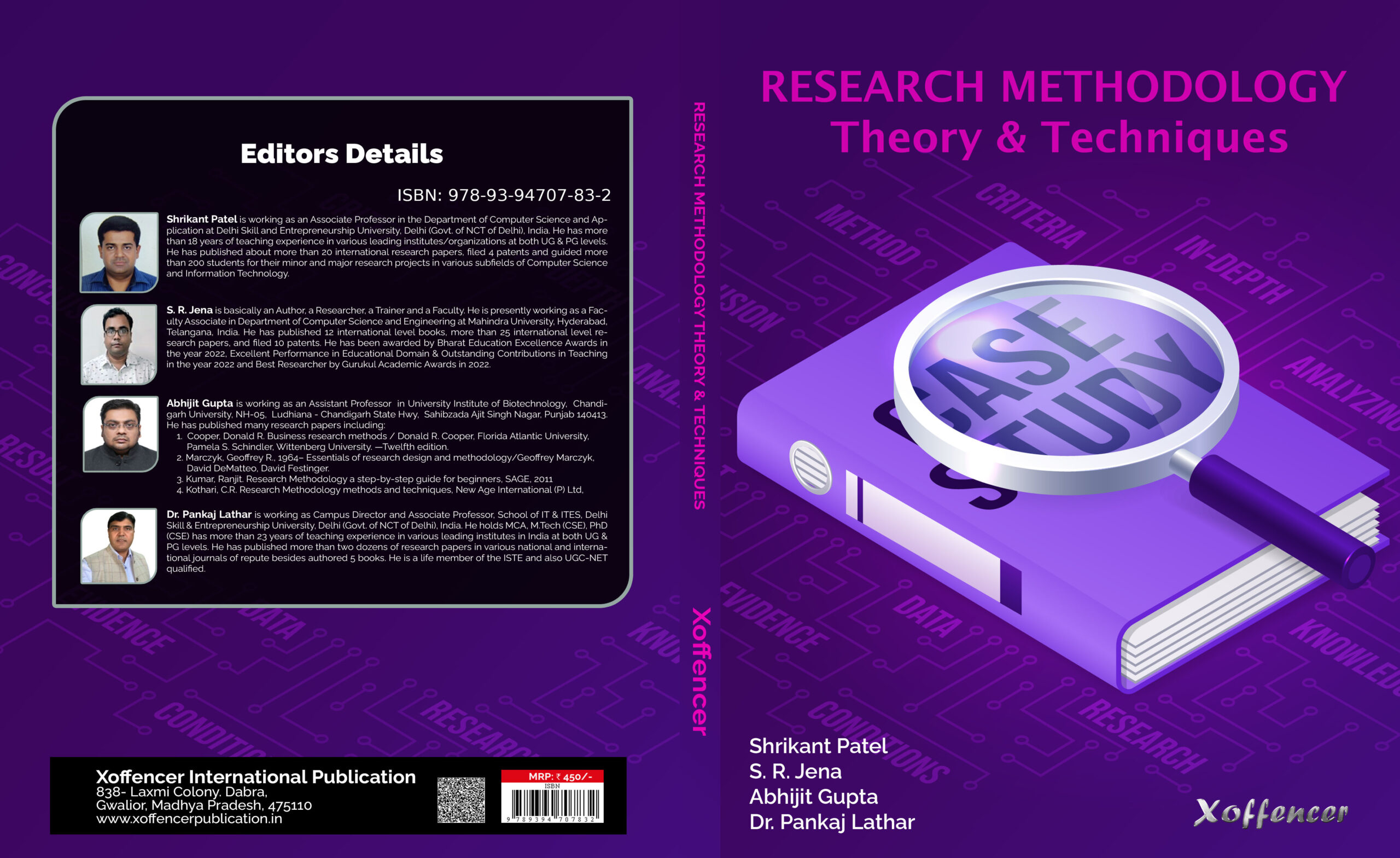

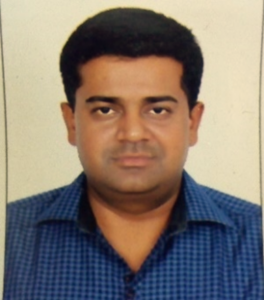

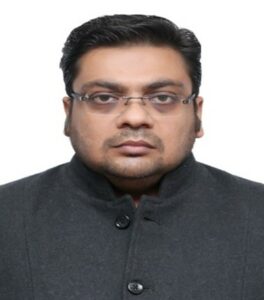
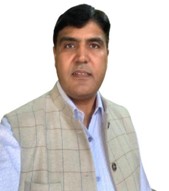
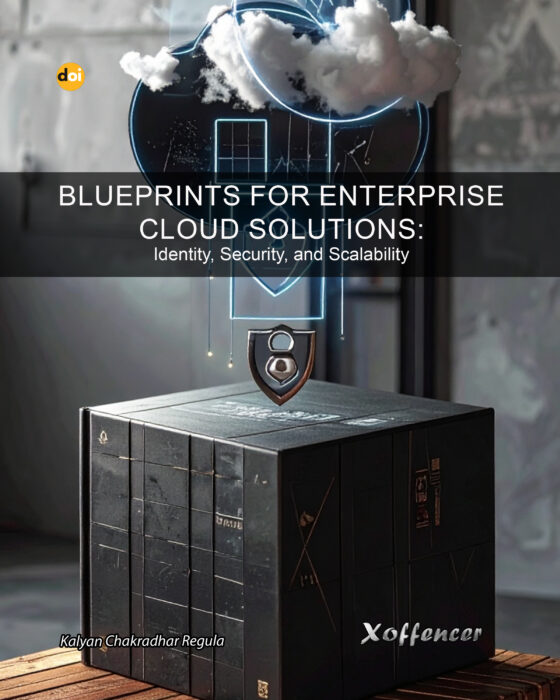


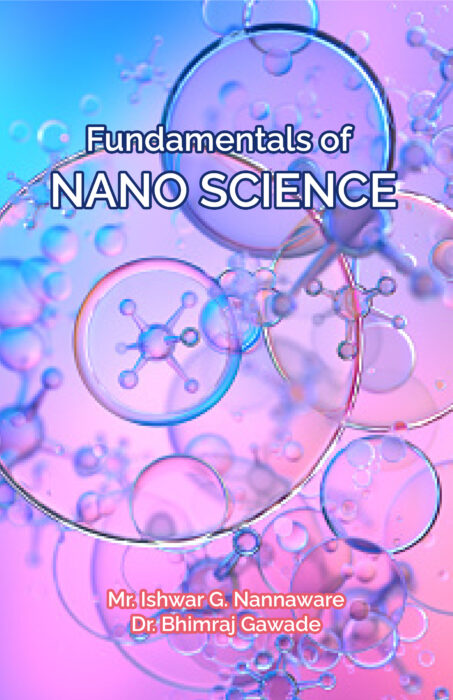
Reviews
There are no reviews yet.